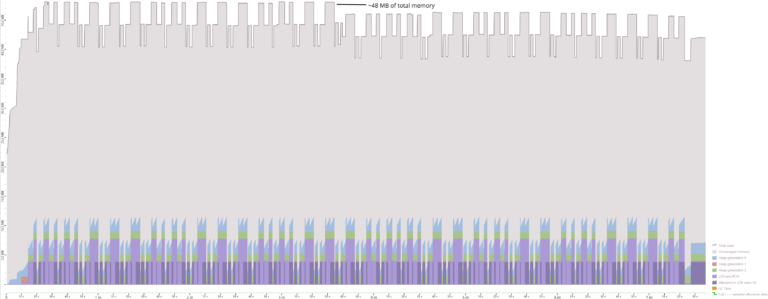- 10:30 Uhr
- Kenny Pflug
Webinar: .NET Native AOT – Data Access ohne EF Core, dafür mit Humble Objects
Das Interesse an Native AOT ist groß, seitdem es mit .NET 8 möglich ist, ASP.NET Core-Apps direkt als Maschinencode auszuliefern. Ein großes Problem besteht jedoch darin, dass Entity Framework Core derzeit nicht mit Native AOT kompatibel ist. In diesem Vortrag untersuchen wir Alternativen zur Gestaltung des Data Access Layers in Native-AOT-Projekten: Wir betrachten unterschiedliche Micro-ORMs und sehen uns an, wie wir mit Humble Objects (DB-Sessions) unsere Business-Logik klar von der Datenzugriffsschicht zu trennen. Das Ziel ist, eine Struktur zu schaffen, die fast so aussieht, als würden wir EF Core verwenden. Dabei gehen wir auch detailliert auf Patterns wie „Unit of Work“ und „Repository“ ein und erörtern, wie diese gewinnbringend in unserer Codebasis eingesetzt werden können.
Moderation

Gøran Homberg
Gøran Homberg ist Consultant bei Thinktecture und arbeitet mit unseren Kunden bzgl. deren Anforderungen, Projektansätzen und zugehörigem Projekt-Management.
Agenda
- Code transformieren von Entity Framework Core zu ADO.NET
- Wie kann man mit dem Humble Object Design Pattern Business-Logik von Data-Access-Logik trennen?
- Wie passen Unit-of-Work und Repository ins Bild?
- Welche Micro-ORMs können wir mit Native AOT nutzen?
Material & Video zu ".NET Native AOT – Data Access ohne EF Core, dafür mit Humble Objects"
Links aus dem Webinar:
Sie wünschen sich Unterstützung durch unsere Experten in Ihrem Projekt?
Slidedeck zu ".NET Native AOT – Data Access ohne EF Core, dafür mit Humble Objects"
Kommende Webinare: jetzt kostenlos anmelden
No results found.
Aktuelle Webinar-Aufzeichnungen
Christian Liebel | 05.06.2024 | 10:30 Uhr
Yannick Baron | 10.07.2024 | 10:30 Uhr
Weitere Artikel zu .NET Core, AOT, Entity Framework


Data Access in .NET Native AOT with Sessions


Native AOT with ASP.NET Core – Overview


Incremental Roslyn Source Generators: High-Level API – ForAttributeWithMetadataName – Part 8


.NET 7 Performance: Regular Expressions – Part 2
In this second article of our short performance series, we want to look at the latter one of those problems.






